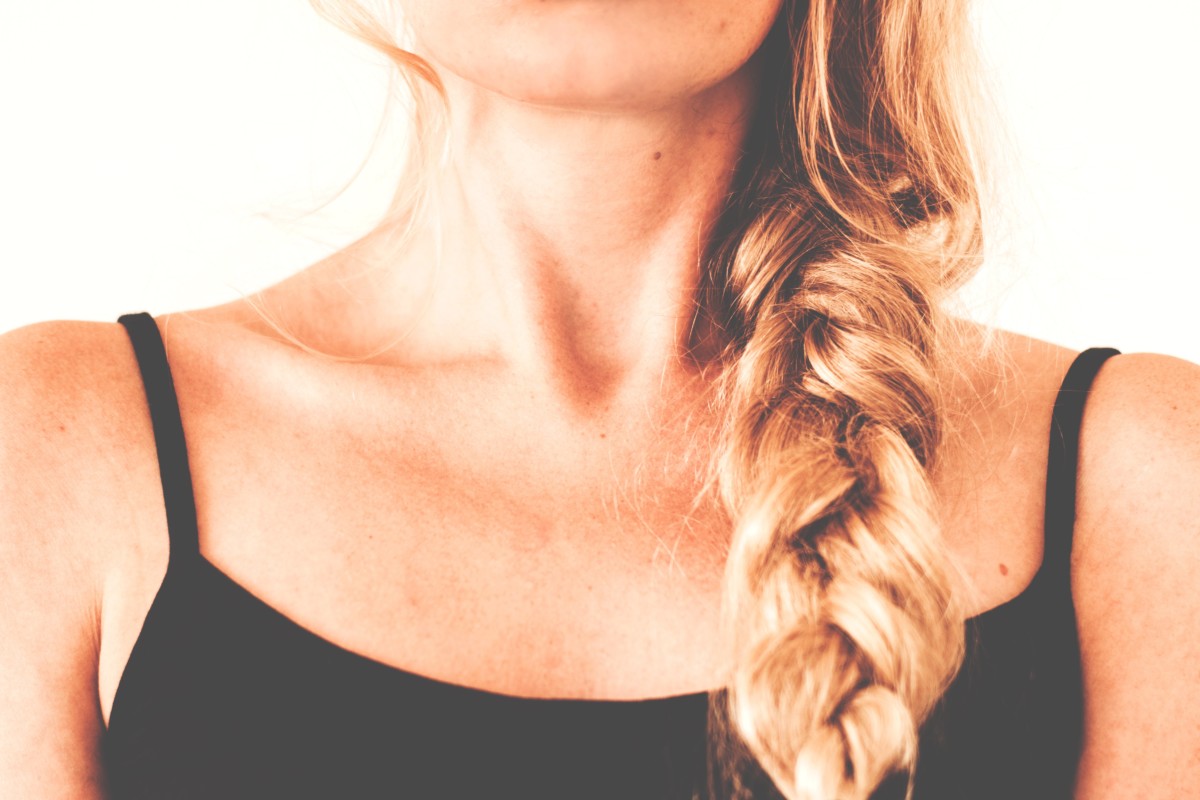
Written by an anonymous contributor.
I would like to preface this by emphasising that I am neither a doctor, nor was I professionally diagnosed with an eating disorder. However, I wanted to share my experiences regarding my self-image and related obsessive behaviours and thought processes, an issue that many people struggle with at one time or another. You may be nervous about talking about it, but if you relate to this article personally or regarding someone close to you, it’s important to reach out. The sooner an eating disorder is treated, the quicker the recovery.
From the age of 13, “lose weight” was at the top of my new year’s resolutions. For a while, any actions I took to achieve this seemed futile, as food was way too big a part of my life to restrict. At the age of 16, I felt more conscious of my body, particularly compared to my school friends, so I made a conscious decision to exercise more and eat more healthily. This was all well and good, until these thoughts and desires gradually became intrusive.
I would cry if I failed to exercise every day, or if I ate more than 3 Maltesers. I would weigh my food to make sure it was exactly one serving or less and could tell you the calorie difference between a medium and a large egg. On holiday, I would go to the hotel gym every day or refuse to eat a meal before completing a certain number of laps of the pool (usually 200 or 300 depending on if I’d had an ice cream).
I carried a picture of myself at 14 in my purse to look at if I was tempted to buy a treat and would hate going out with friends to dinner, I would always look at the menu beforehand to choose the lowest calorie option. Reverting was my biggest fear and I had to keep a tight control.
It worked though. I got compliments about my appearance, and I felt on top of the world. This continued into my first year of university. I remember showing my flatmates what I used to look like, with one exclaiming “holy shit you were fat!”. I was not fat. But for some reason, I felt proud of feeling ashamed of younger me.
It affected the people around me unknowingly. My female flatmates told me recently that there was a strange sense of competitiveness amongst us, with one saying she felt guilty eating pasta when she was around me, because I rarely ate carbs- at that time, my mortal enemy.
“A friend said she used to feel guilty for eating pasta when she was around me, because I rarely ate carbs”
The impact this lifestyle had on my body and my mental health was significant. I was in a sports club, so would run every day for an hour or so and come back to a measly half a slice of bread and a tomato at lunchtime. I was completely oblivious to the effect of this until I returned home to my parents at Christmas and saw their alarm at my tiny frame. Looking back at photos now, I see what they saw, my too-gaunt face and sharp-edged shoulders hunched, timid and uncomfortable in my skin.
Food and exercise dominated my thoughts. I had to control them to minute detail. The result being that I was permanently unhappy with my body, never satisfied and always restricted, constantly cold. My period stopped for months, due to my body not having the sustenance it needed. My mum came with me to the GP about a potential iron deficiency as I’d been feeling very lethargic. I knew what was wrong, and I broke down crying when the GP asked about my weight loss.
Strangely enough, I cannot pinpoint the time when I stopped thinking and behaving so obsessively. Being back around my family meant I was more aware of how unhealthy my actions were and moving away from home this year meant that I was excited to try new and diverse foods around new people that I wanted to socialise with. I gradually became more confident and happier, my relationship with myself and with food improved drastically.
“I broke down crying when the GP asked about my weight loss.”
Learning to banish these obsessive thoughts is a gradual process which I still struggle with, and many people I know struggle with, so please reach out if you feel like your thoughts are too preoccupied by negative body image.
Eating disorders include Anorexia Nervosa, Bulimia and Binge Eating disorder. These are serious mental illnesses and will often begin as a coping mechanism or as a way of feeling in control. According to UK eating disorder charity Beat “young women are most likely to develop an eating disorder, particularly those aged 12 to 20, however anyone can develop an eating disorder, regardless of their age, gender, or ethnic or cultural background. It is thought that around a quarter of sufferers are male.”
Being more vocal about mental health in general is essential, to encourage those affected by mental illness to get help.
It is an unfortunate truth that, in today’s society, we are being scammed. In a world of Instagram reality, Love Island glamour and Victoria’s Secret fashion shows, we are being sold something which is unattainable. We are being made to believe that this cookie-cutter beauty is the most precious goal that we can achieve, and the magical key to happiness.
You will always be unsatisfied if you search for things to be unsatisfied with. Your body will morph before your eyes into a collection of problems to fix. Your body is so important. It needs to be fuelled and looked after to help you achieve things of worth.
You know when you meet someone attractive, but you get to know them, and their personality is awful? (Watchers of love island will know this well). They no longer seem attractive. Nothing about their physical appearance has changed. So why are we so fixated on this?
“Your body is so important. It needs to be fuelled and looked after”
Beauty is shown through the way that you treat others, the comfort you feel with friends and family, the way your eyes light up when you do something you love or see someone you love. The way you laugh so uninhibitedly that your eyes water and you’re gasping for breath. There is beauty in talent, in determination and in strength.
Beauty is in the eye of the beholder. So change your perspective and the way you behold yourself, and you will see the beauty that everyone else does.
Never Settle is about relationships, and the relationship that you have with yourself and your body is the most important of all. So…have that slice of cake, take a break from the gym if you’re exhausted and relax in the bath or catch up on a Netflix show with some popcorn. Self-care is so, so important. You would never bully someone else, so why bully yourself?
If you feel like you or someone close to you is struggling with an eating disorder head to:
https://www.beateatingdisorders.org.uk
https://www.mind.org.uk


